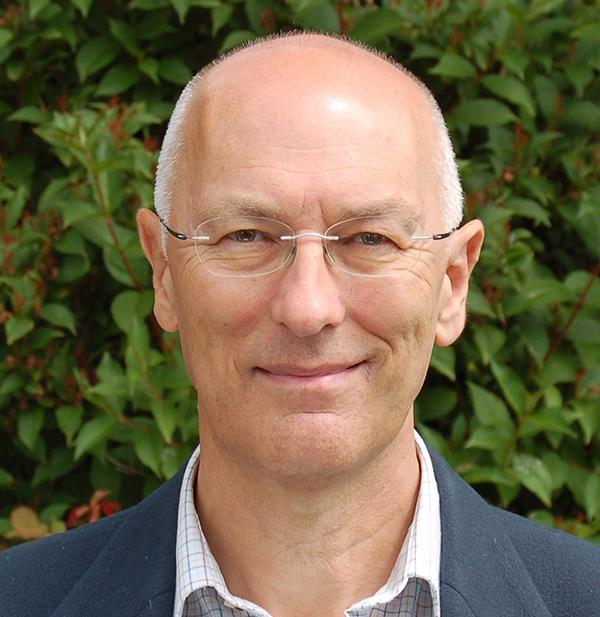September 2024 | Prof. Peter Budd, University of Manchester
In the world of advanced materials,
Polymers of Intrinsic Microporosity (PIMs) stand out as a revolutionary
class of materials with significant potential for a variety of
applications. These polymers, which can be easily processed into
membranes and other useful forms, are particularly noteworthy for their
ability to facilitate molecular-level separations. At the Sorption
Symposium Europe 2024, Prof. Peter Budd will delve into the fascinating
world of PIMs in his talk titled "Polymers of Intrinsic Microporosity:
Versatile Polymeric Molecular Sieves."

Understanding the Magic of PIMs
PIMs are a class of polymers that exhibit microporosity at the molecular scale, with pore sizes less than a couple of nanometers. What makes these materials particularly exciting is their versatility. Unlike traditional microporous materials such as zeolites and activated carbons, PIMs can be readily processed from solution into films and coatings, making them highly adaptable for various applications. Prof. Budd’s research focuses on using these polymers to create membranes that can act as selective barriers, allowing certain species to pass through while blocking others. This capability is crucial for efficiently separating mixtures of gases or liquids, a task that is increasingly important in today’s world.
The Inspiration Behind the Research
Prof. Budd’s journey with PIMs began in 2004 through a research collaboration with Neil McKeown at Manchester University. Their groundbreaking work resulted in the first publications on PIMs, introducing a new class of materials that combine the benefits of microporosity with the processability of polymers. This combination opens up a wealth of possibilities for creating advanced membranes and coatings with tailored properties, making PIMs a significant innovation in the field of materials science.
Why This Research Matters Today
In a world facing numerous global challenges, energy-efficient separations are more important than ever. Prof. Budd’s research aligns with several of the United Nations' Sustainable Development Goals, addressing issues such as climate action, clean water, and affordable clean energy. For example, his work on PIMs includes exploring ways to capture carbon dioxide, purify biofuels, and treat wastewater—applications that are crucial for a sustainable future.
Real-world Applications of PIMs
One of the most interesting real-world applications of PIMs has already made its way into the market—not in membranes for separations, as one might expect, but in a sensor. The technology was licensed by 3M from the University of Manchester for use in an end-of-life indicator on face mask cartridges, which protect workers from organic vapors. This example underscores the versatility of PIMs and their potential to impact various industries.
Looking to the Future
The development of PIMs represents a significant leap forward in the field of membrane materials, particularly for gas separations. Although introducing new materials into established industrial processes can be challenging, Prof. Budd’s work lays a solid foundation for the future. His research could lead to much more efficient membrane processes, ultimately contributing to more sustainable industrial practices.
Join the Discussion at Sorption Symposium Europe 2024
To explore the exciting potential of PIMs and learn more about their applications, don’t miss Prof. Peter Budd’s presentation at the Sorption Symposium Europe 2024. The symposium will be held from September 18th to 20th at the University of Vienna in Austria. This event offers a unique opportunity to hear from experts like Prof. Budd, ask questions, and engage in discussions that could shape the future of material science and energy efficiency. Mark your calendars and be part of this groundbreaking exploration into the future of molecular sieves!
Don’t miss the opportunity to learn more about this exciting innovation and be part of shaping the future of pharmaceutical formulation!
Register here: https://www.sorptionhub.com/sorption-symposium-eur24